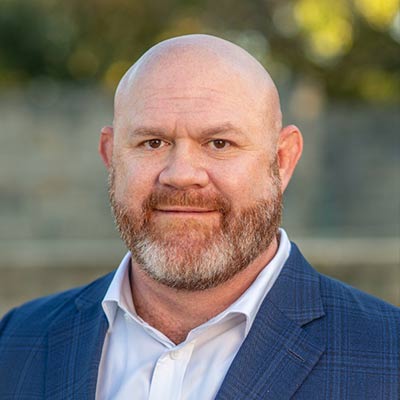Introduction
Most cybercriminals attempting to hack websites simply play a numbers game, using automated scripts to discover weaknesses almost effortlessly. Once they are successful, hackers can use a website they have gained control over to infect readers’ computers with malware, gain access to sensitive data, launch DDoS attacks, or set up malicious redirects to questionable websites.
Whether the hacked website is owned by a huge corporation, a small local business, or even an individual recreational blogger, it won’t take the victim long to find out about the hack. From Google’s “site may be hacked” warning to distressed calls and emails from customers, word that the website has faced a cyber attack will spread like wildfire.
The website manager will then promptly take steps to remediate the problem and render the site secure again. This process may turn out to be a nightmare, but once it’s over, you can breathe a sigh of relief — right?
Not quite.
As little effort as hackers tend to put into gaining access to individual websites, cyber criminals go to great lengths to hold onto access they’ve already established. An in-depth Sucuri report found that over 60 percent of hacked websites contained at least one backdoor — a vulnerability that allows them to easily get back into the website while completely bypassing regular login mechanisms.
Types of Backdoors, and how they appear
The most common types of backdoors currently used are:
- Uploaders, code that allows hackers to upload diverse types of malicious files
- Remote code execution backdoors, pieces of malware that allow hackers to easily gain control of the website again
- Webshells, which once again allow malicious actors to gain control of the website’s filesystem
Nearly half of websites that were hacked once are extremely vulnerable to reinfection. Not only can the original attacker find their way back in to wreak havoc once again, opportunistic “scavenging hackers” also scour the web in search of websites that have already been corrupted. These opportunists are akin to burglars in search of an easy target — they may not come in through the front door, but leaving a kitchen window open will be taken as an open invitation to commit theft.
It is important to mention, meanwhile, that not all backdoors are created by hackers. Developers and penetration testers, too, may purposely create backdoors for their own use — something that can also leave a website vulnerable.
Conclusion
The take-home message? Once a website has been hacked, it is crucial to take steps to prevent reinfection. Rigorous file integrity monitoring, strong firewalls, and meticulous attention to software patches and security updates are important steps. If you want to secure your business website get in touch with us today.
Get in touch with us
Secutor Cybersecurity is a trusted partner comprised of industry leading experts in the fields of Cybersecurity and Governance, Risk and Compliance. We partner with our clients to deliver on-demand solutions tailored to expertly navigate the regulatory demands of their specific industries.
Our proven track record of successfully exceeding client expectations is achieved through the combination of our methodical approach, advanced technologies, subject matter experts, and synergy with client team members.
Secutor is your team of world-class problem solvers with vast expertise and experience delivering complete solutions keeping your organization protected, audit-ready, and running smoothly.







